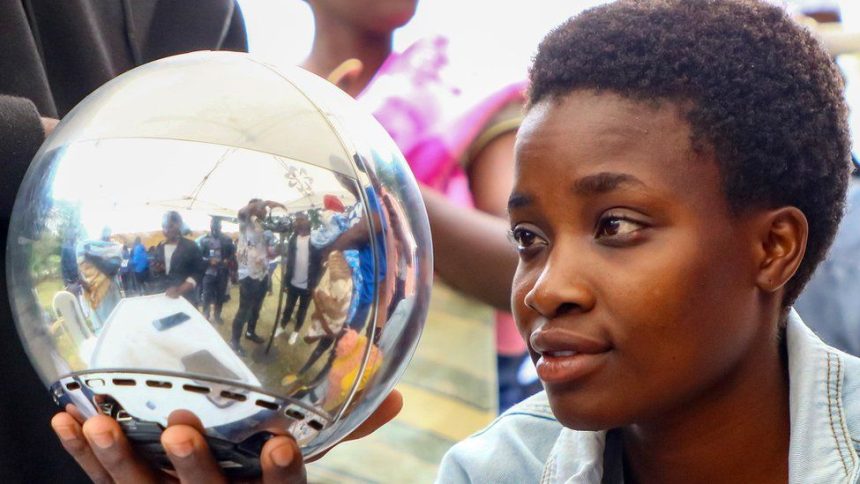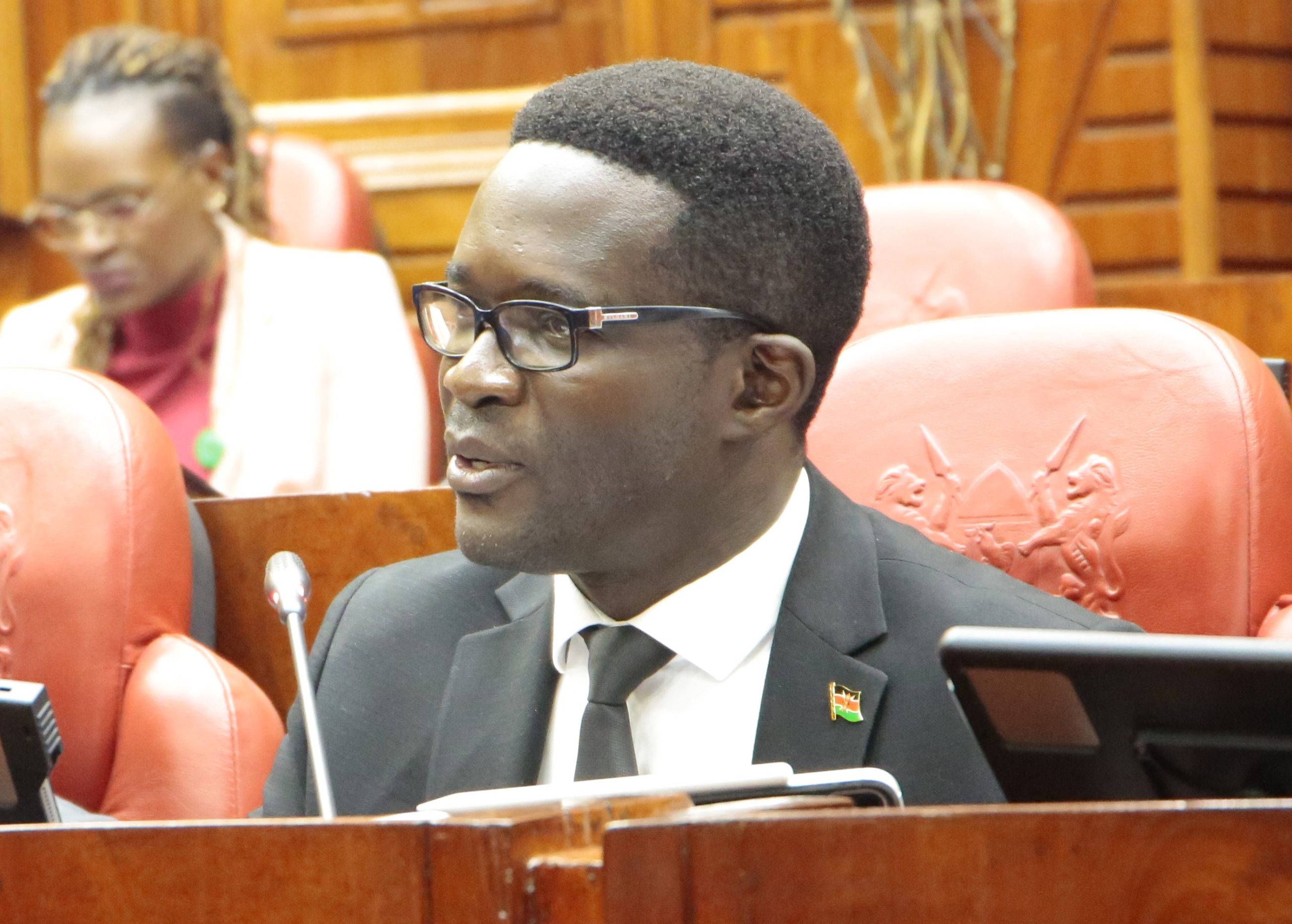Preliminary investigations have established that Worldcoin imported biometric data mining devices without prior approval from regulatory authorities.
Communication Authority of Kenya Director General Ezra Chiloba revealed that Orb devices that were used to scan the iris had not received certification from the agency.
“We don’t have any record that they were cleared by the Communication Authority of Kenya. What happens is that when you import such equipment you have to apply for approval so that when they land at the airport they can be certified,” Chiloba stated.
In the ongoing forensic audit being conducted by multi agency shows that World Coin Project was issuing the same identification technology as BVR kits used during general election with the identifier being the iris.
“The forensic analysis is what is giving us the actual picture. This is more complicated because they are taking an entire feature of your face. It’s not taking your image but mapping your face and converting it into codes and data,” Chiloba stated.
Details emerged that regulatory authorities’ omission for a combined approach to reign in on Tools for Humanity, the parent firm for World Coin project exposed Kenyans to data exploitation.
Submissions made before the National Assembly Adhoc Committee investigating World Coin activities have shown that overlapping regulatory mandate between the authorities hindered the reign in of World Coin activities.
Chiloba told MPs that while the Office of Data Commissioner is mandated to ensure data privacy protection legal loopholes might have impeded enforcement of consumer protection.
“Did the regulator do their part when it comes to registration? I believe that the regulator did their part in terms of operationalization and I think the data commissioner did the best and if their lapses they should be fixed from a legal perspective,” said Chiloba.
Chiloba explained that the current legal framework is not up to date policy and in tandem with technological dynamism and innovations in the country.
“The issue we are handling are novel if you look at our legal framework its not adequate to address the issue. When we were setting the Data Protection Act did we anticipate we would be confronted with this type of invention not all,” he said.
The Office of the Data Protection Commissioner (ODPC) issued Tools for Humanity the license to operate in the country as a data processor.
Worldcoin then began data processing activities of iris data via an orb scanner.
Users were being issued with World Coin tokens for free once they prove that they are not robots. The value of the tokens is currently not clear.
Chiloba emphasized that the move by World Coin Project to process sensitive personal data without proper sensitization raised alarm on whether the proper safeguards were implemented under the Data Protection Act, 2019.
“When you don’t explain what you are doing you leave room for may explanations and that is a risk. That’s why regulators have to step in and try as much as possible to protect ordinary citizens from a sophisticated process,” he said.
“From a business perspective the intention was good for them but the fact that they didn’t carry all actors along. I don’t think it was fair for the country,” Chiloba added.
Chiloba pointed out that the induced consent where participants were given free cryptocurrency called Worldcoin token was an indication that the consent wasn’t from an informed point of view on the risks and the benefits.
“It’s a paradox of sort that it’s a sophisticated solution but the people who showed are unsophisticated. How are you going to merge this in the future? Is that complexity that we are looking at,” he stated.
Concerns over the transparency of Worldcoin operations have been raised in in France, India, Germany, UK and other countries.
Worldcoin offered those who signed up 25 free tokens worth about Sh7,000, drawing thousands of people to multiple sign-up points in the capital Nairobi.
Thousands of Kenyans flocked to Kenyatta International Conference Center Nairobi mid July to have their eyes scanned.
The project, according to its founders, aims to solve one of the main challenges facing the crypto industry that largely relies on pseudonyms to operate, leaving it vulnerable to spam bots and scams.
More than 2.1 million people have signed up for Worldcoin across the world, with iris scans conducted in 34 countries, according to the company’s website.
Worldcoin is now trading at $2.37, up from the initial price of $1.70, according to CoinMarketCap.
Worldcoin, set up by OpenAI chief executive Sam Altman, began operating in June in Germany and provides users with a private digital identity — a “World ID” — after they get their eye’s unique iris pattern scanned.




